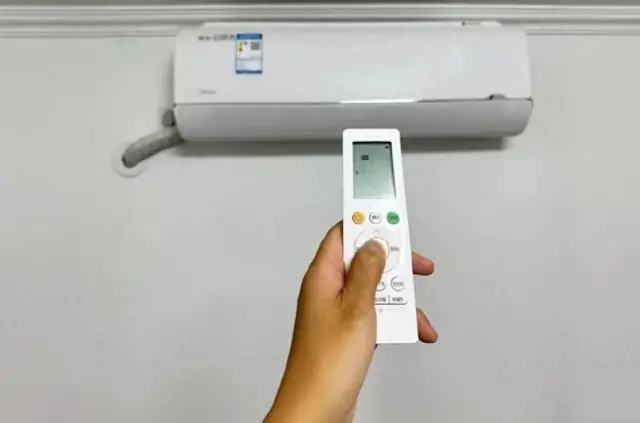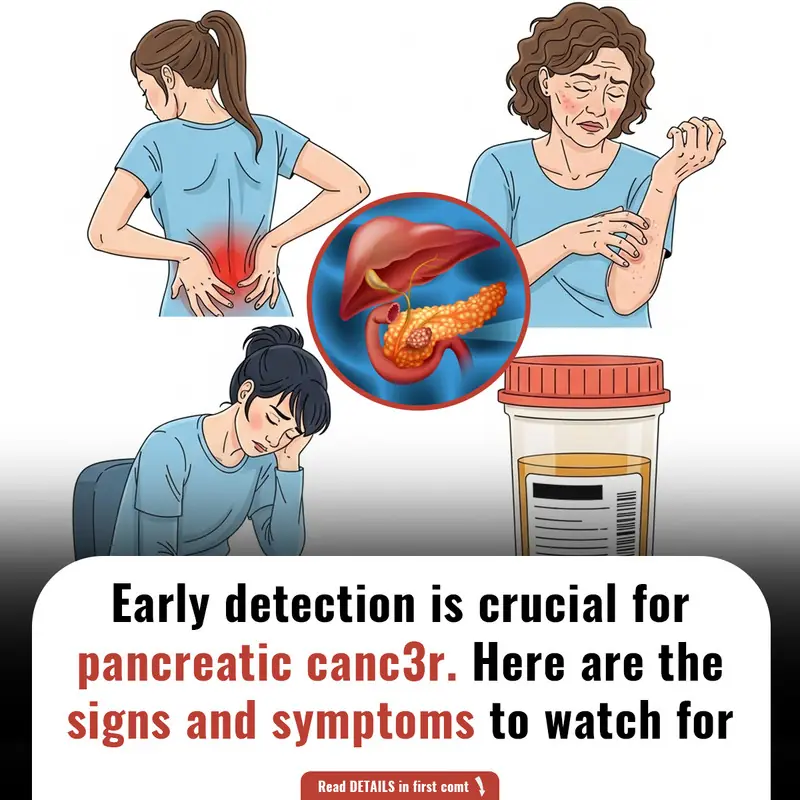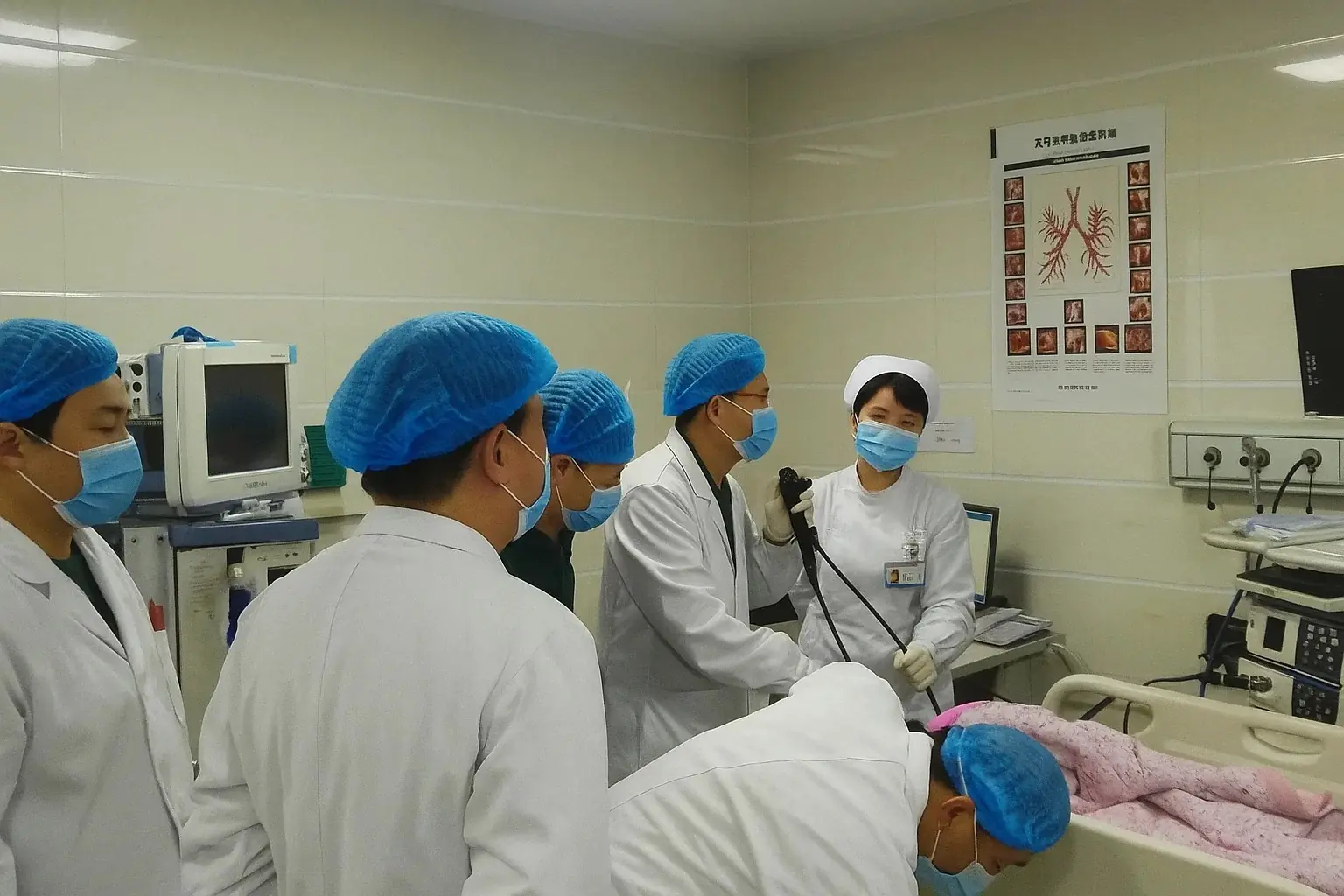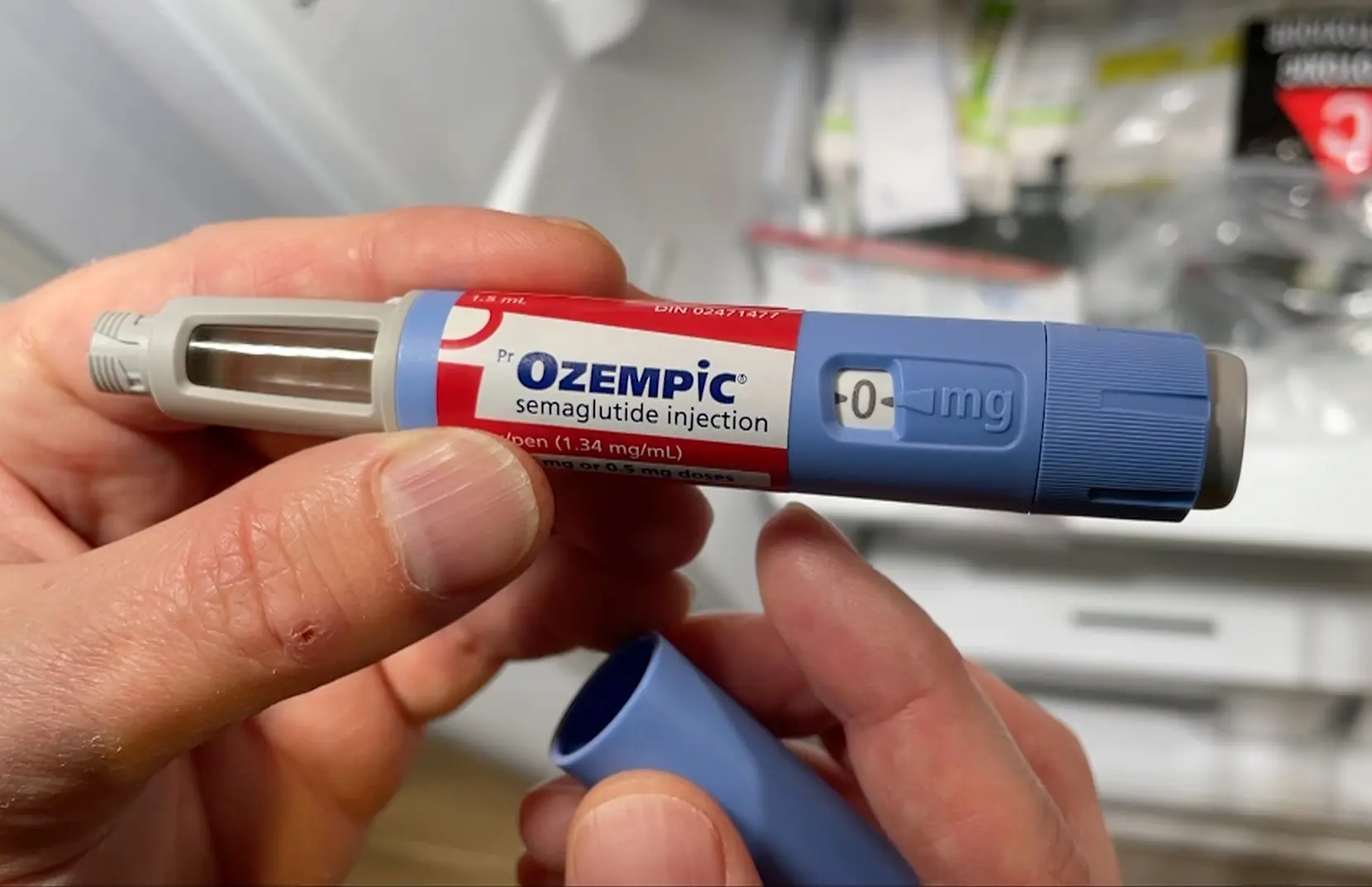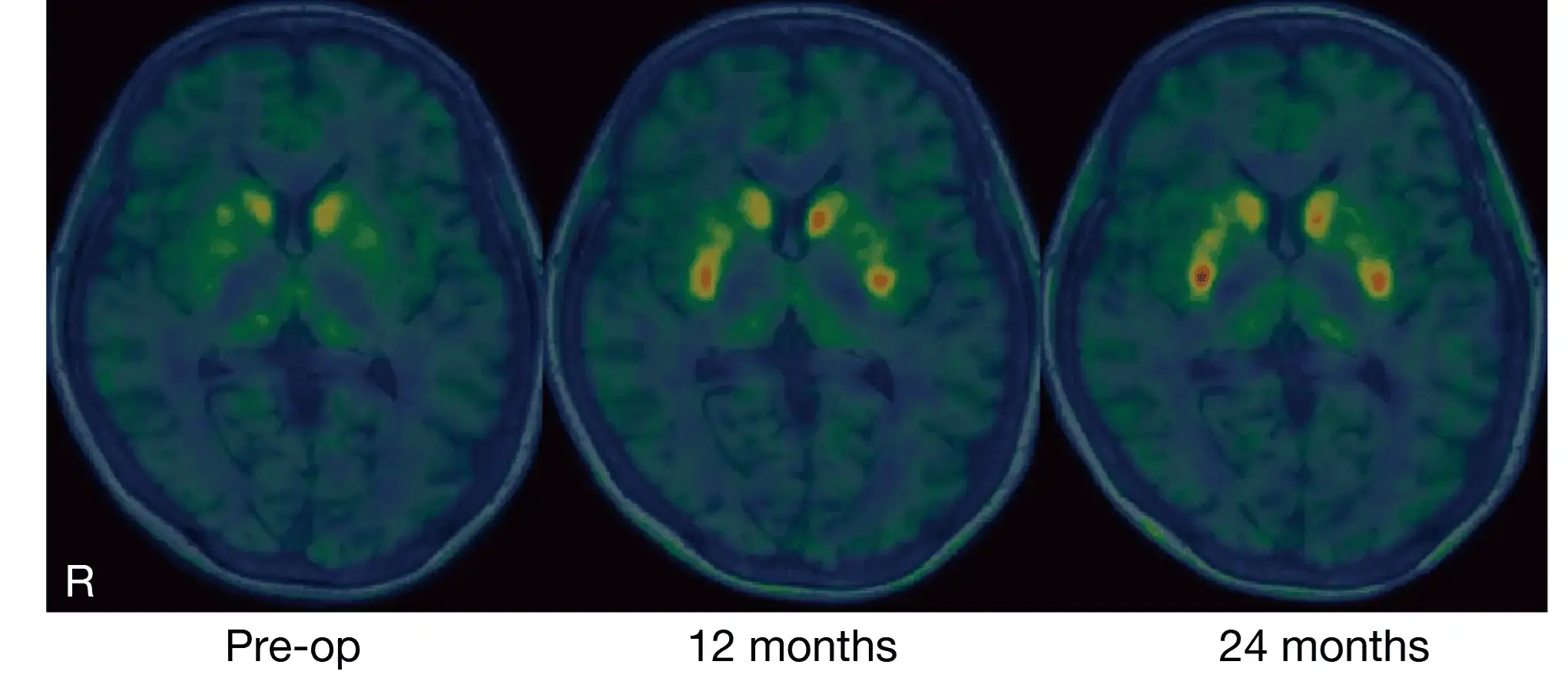A quick and simple "cup of tea" test could help identify early signs of dementia, according to experts. Learn how observing someone make tea can reveal if their cognitive function is starting to decline.

Experts Share Simple Test
Forgetfulness and confusion are well-known warning signs of dementia, but experts are now pointing to smaller, everyday actions that could offer quieter clues about a person’s brain health. A recent study highlighted by dementia specialist Dr. Jane Pritchard has introduced a simple "cup of tea" test, which can help flag early signs of cognitive decline.
The test, although not foolproof, provides insight into how well a person’s mind is functioning, and whether it might be beginning to deteriorate. Dr. Pritchard, who works with The Good Care Group, suggested that observing someone make a cup of tea could be a telling indicator of their cognitive abilities.
How the "Cup of Tea" Test Works
The test itself is straightforward: ask the person to make a cup of tea. As they go through the process, pay close attention to the steps they follow. Do they remember to boil the kettle? Can they follow the necessary steps in the correct order? Are they able to locate the spoon drawer? If they forget simple tasks, such as leaving the tea bag in the cup or failing to boil the kettle, it may indicate potential cognitive decline.
"If you're concerned and perhaps seeing some of these actions in the home environment, consider asking for a cup of tea," Dr. Pritchard explained. "This simple act will allow you to observe how well someone is following the steps required to make the perfect brew."
Dr. Pritchard added that missing or misplaced steps during this task might signal early cognitive decline and suggest it’s worth seeking a professional assessment.
Early Detection is Crucial
Recent statistics have raised alarms about the increasing prevalence of dementia. A study published in The Lancet predicts that by 2040, up to 1.7 million people in England and Wales could be living with dementia—an increase of more than 40% compared to previous estimates. As these numbers grow, the importance of early detection becomes even more crucial.
While forgetfulness and confusion are common symptoms, these subtle warning signs—such as struggling with everyday tasks like making tea—can offer a glimpse into a person’s cognitive health. Early identification allows for timely interventions, which can help manage symptoms and improve quality of life for those affected.
Other Tests to Assess Cognitive Decline
The "cup of tea" test isn’t the only simple method to assess brain health. Another popular test that has been used for decades by the NHS is the clock-drawing test. This test requires the individual to draw a clock face on a blank sheet of paper, placing the numbers one through twelve and setting the hands to a specific time, such as ten past eleven. While this may seem like a simple task, it requires memory, planning, and visual-spatial awareness—all cognitive functions that are often affected by dementia.
A well-drawn clock can rule out significant cognitive decline, but if the clock appears distorted—such as with numbers placed out of order or the hands positioned incorrectly—it could indicate a problem with memory or executive functioning. According to NHS guidance, if someone struggles with this task, it’s a sign to consult with a doctor for further assessment.
The Importance of Early Diagnosis
Catching dementia in its early stages allows individuals and their families to better prepare for the future. It can lead to earlier interventions, including medication, lifestyle changes, and mental health support, which can slow the progression of the disease. Regular monitoring and adjustments to care can help those with dementia maintain independence for a longer period.
In addition to the "cup of tea" test and the clock-drawing exercise, people who notice signs of memory loss or cognitive issues in themselves or a loved one should seek advice from their healthcare provider. Many conditions can mimic the symptoms of dementia, such as vitamin deficiencies, thyroid problems, or depression, which can be treated effectively once identified.
What Happens After Diagnosis?
If a doctor diagnoses dementia, there are various treatment options depending on the type and stage of the condition. Medication may be prescribed to manage symptoms, including memory loss, confusion, and mood swings. Cognitive therapies and interventions, such as memory training, can help improve daily functioning and quality of life.
It’s important for caregivers and families to understand the nature of the disease, which will evolve over time. Dementia care typically involves providing a safe environment, promoting social interaction, and assisting with daily activities to maintain the person’s dignity and independence.
Connective Tissue Disorders and Their Link to Dementia
Interestingly, conditions like Marfan syndrome, Ehlers-Danlos syndrome (EDS), and Loeys-Dietz syndrome, which are known to affect the connective tissues in the body, can also have a relationship with dementia. These disorders, which involve weaknesses in connective tissues, are linked to an increased risk of aortic aneurysms and other cardiovascular problems, but they can also affect brain function. Knowing the signs of these disorders, such as heart palpitations, shortness of breath, and changes in appearance (like unusually long limbs or crowded teeth), can be helpful in identifying individuals at risk for dementia or related conditions.
For those with a family history or symptoms of connective tissue disorders, it’s essential to consult with healthcare providers who can help guide the next steps and provide appropriate screenings.
Stay Alert for Early Signs of Dementia
Dementia is a devastating condition, but early detection can significantly improve the management and care of those affected. The "cup of tea" test, while not a definitive diagnostic tool, provides a simple and effective way for families to observe potential signs of cognitive decline. If you notice that someone is struggling with basic tasks, such as making a cup of tea or drawing a clock, it’s time to consult a healthcare professional for further evaluation.
With dementia rates on the rise, early intervention is more important than ever. By understanding the warning signs, seeking help when necessary, and exploring treatment options, individuals with dementia can continue to live fulfilling lives with the support they need.




